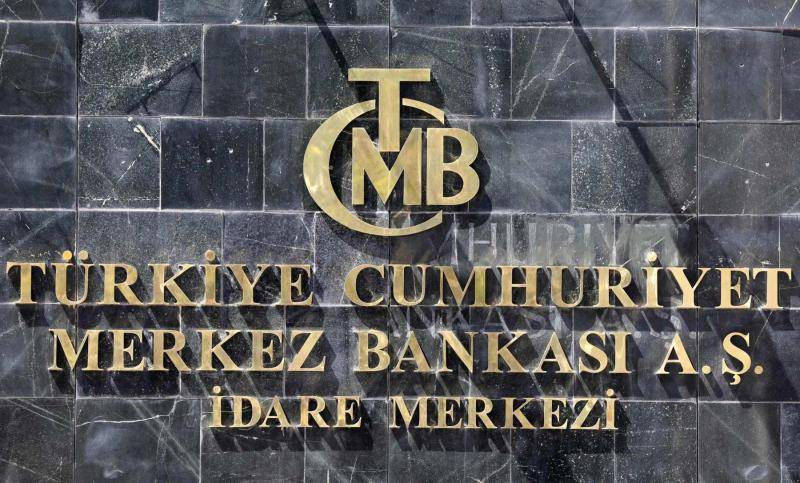Turkey is expected to record a current account deficit of $4.1 billion in November, a Reuters poll showed on Friday, while the deficit was seen at $48 billion in 2022, after soaring energy prices derailed Ankara's plans to shore up the shortfall.
Turkey's trade deficit, a major component of the current account, widened %61.6 in November to $8.8 billion, data showed, mainly due to the sharp rise in gold imports and surging cost of energy imports.
In a Reuters poll, the median estimate of 11 economists for the current account deficit (TRCURA=ECI) in November was $4.1 billion, with forecasts ranging from $1.4 billion to $4.75 billion.
The median forecast for the deficit in 2022 stood at $48 billion, down slightly from a previous poll, with estimates ranging between $43 billion and $49 billion.
The year-end forecasts were revised higher throughout the year due to a potential further decline in exports and the expectation that energy prices will remain elevated. However the year-end median of the poll declined in the last couple of months.
Under President Tayyip Erdogan's new plan, authorities are working to turn Turkey's chronic current account deficits to a surplus, which the central bank says will help establish price stability.
Global energy prices have made that goal all but unattainable in 2022 though authorities say a surplus will be achieved when energy prices normalise. In the three-year economic forecasts, the government sees the deficit narrowing only to $10 billion in 2025.
Turkey's central bank has cut its policy rate by 500 basis points last year to 9%, while inflation touched its decades peak. Inflation eased to 64.27% on base effect in December.










